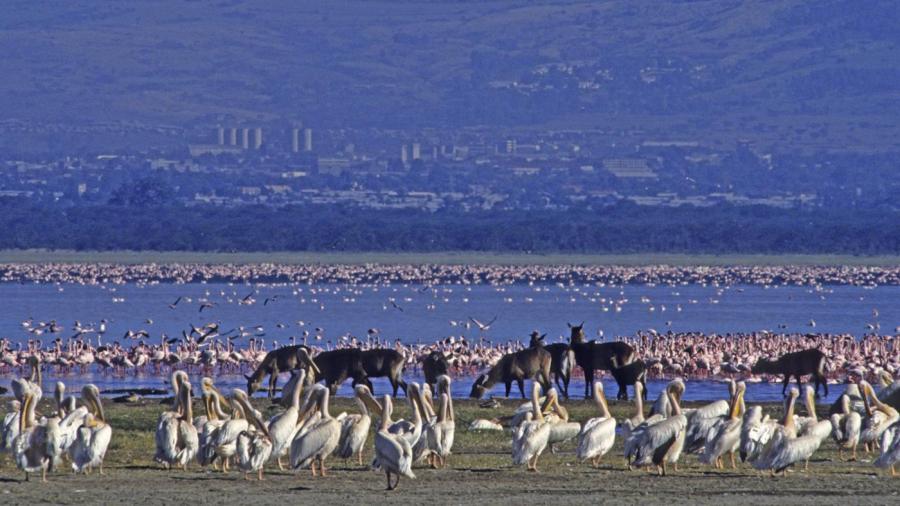Why Is Ecological Balance Important?

Ecological balance is important for the continued survival and existence of organisms as well as the stability of the environment. The natural balance in the ecosystem, which must be maintained, may be disturbed as a result of natural hazards, the unexpected death of a particular species, man-made causes or the introduction of new species to the ecosystem.
Ecological balance is a condition of a dynamic balance within an ecosystem in which the species, genetics and the ecosystem diversity remain in a stable state irrespective of the gradual variations through natural succession. The ecosystem stability is characterized by two properties: resilience and resistance. Resilience is a property that is manifested in an ecosystem when organisms are killed or weakened. Resilience also refers to the rate at which the density of a population in an ecosystem comes back to the equilibrium after a particular disturbance. Resistance stands for the potential of an ecosystem to prevent the animal population and trees from succumbing to stresses such as high pollution or drought.
Diversity is maintained when organisms interact, and enhancing or destroying a specific species in an ecosystem may affect the entire population density over time. Some species, such as the sea otter, play a significant role in maintaining ecological balance and are known as keystone species.





